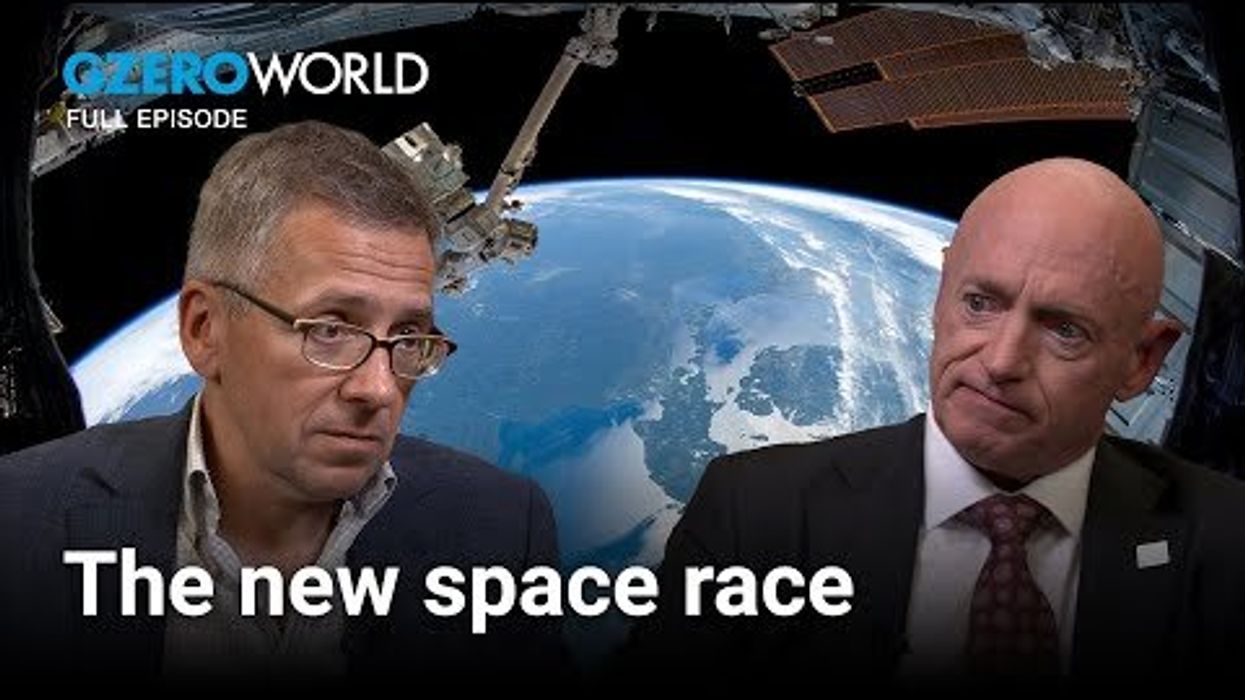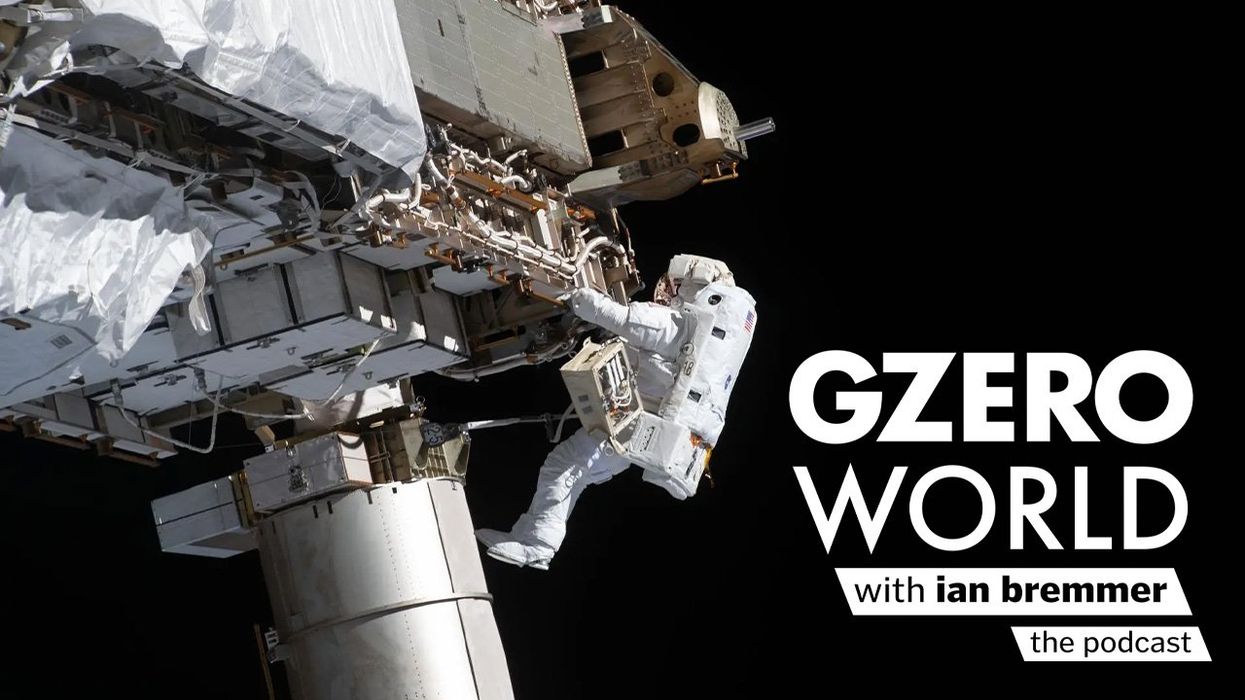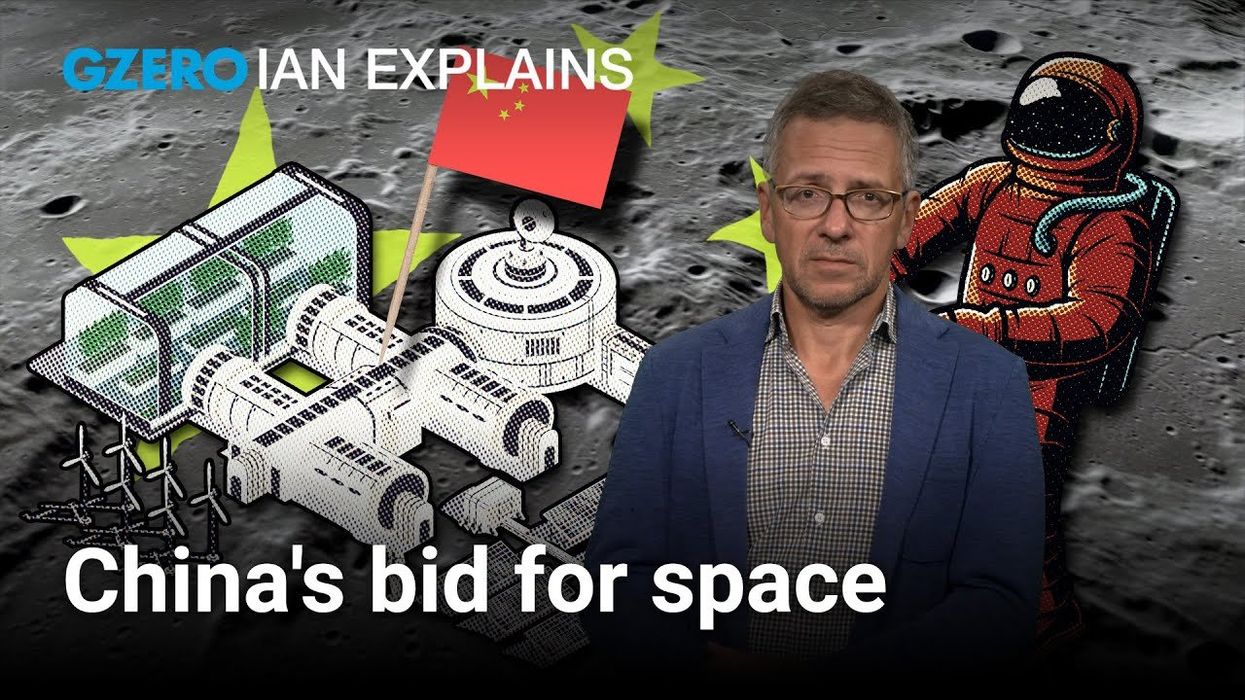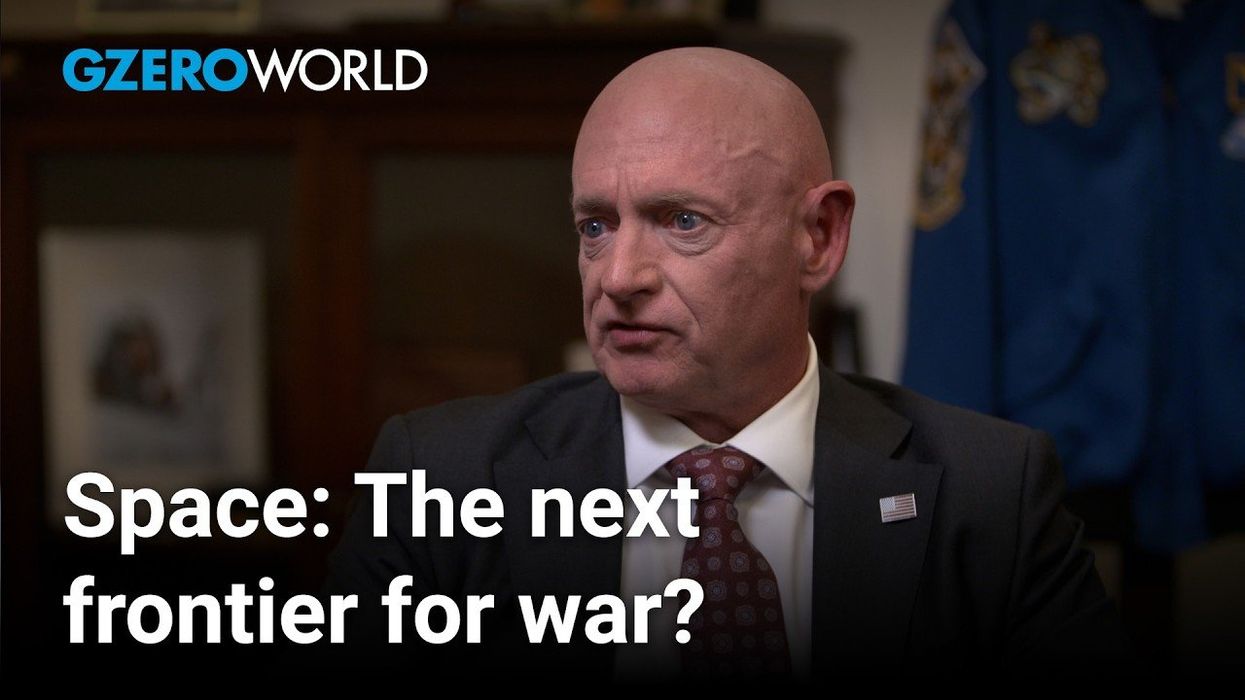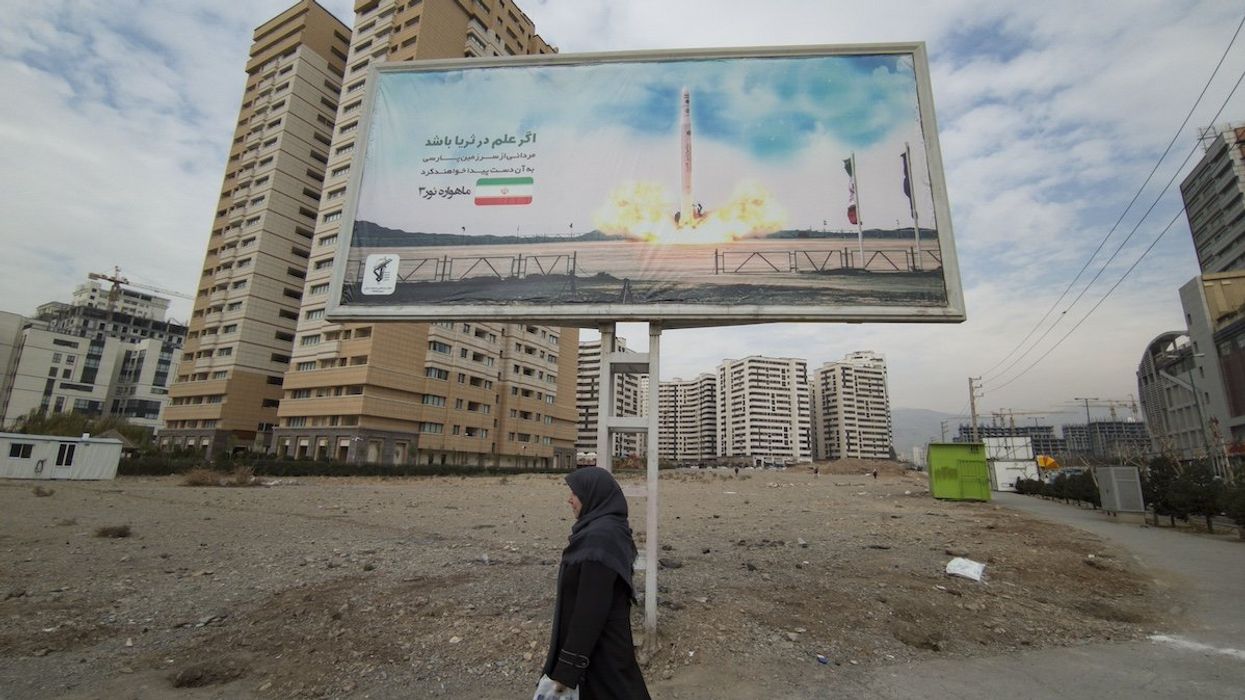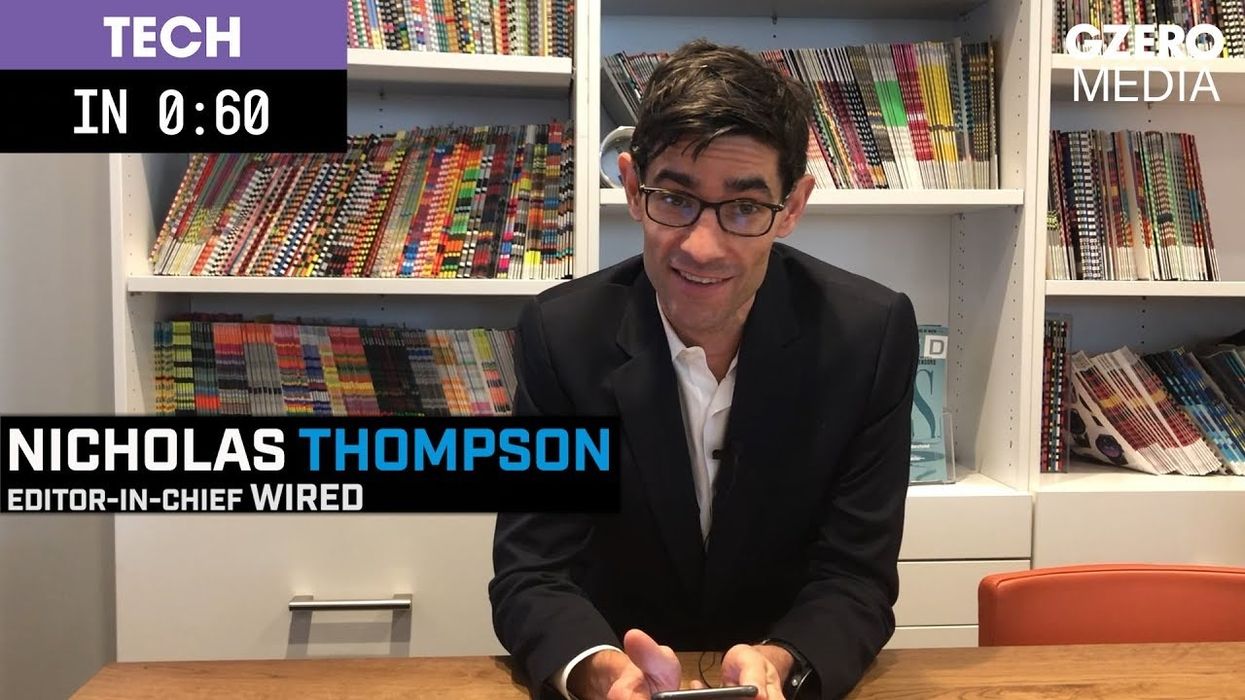GZERO World with Ian Bremmer
Mark Kelly on the new space race
On GZERO World, Ian Bremmer delves into the modern space race and its role as a critical domain for global security with Arizona Senator and former astronaut Mark Kelly. They discuss China’s growing ambitions, the future of the International Space Station, and the evolving role of private companies like SpaceX in shaping US space policy.
Sep 16, 2024
